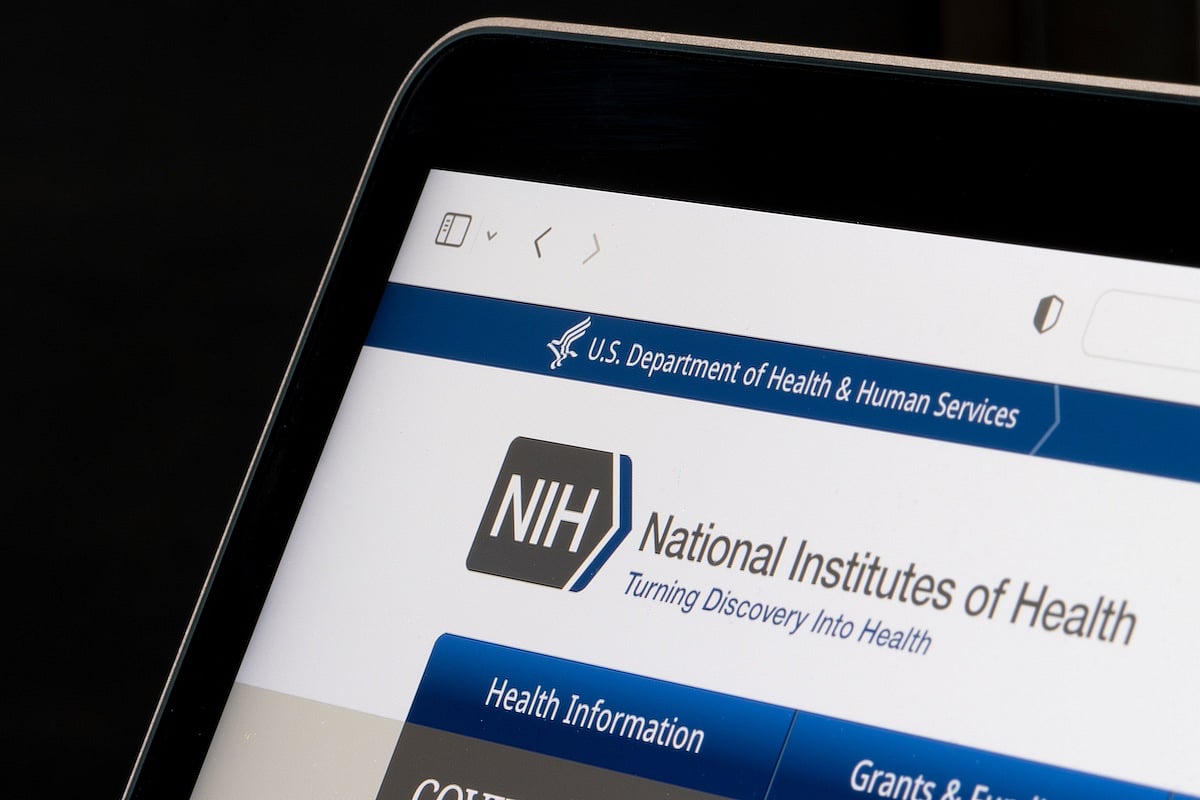Mon-Fri: 8:30a.m.-5:30p.m. | Sat: 9a.m.-12p.m. | Sun. & Major Holidays: Closed
Patient Resources
Get Healthy!
NIH Research Cuts Leave Cancer Patient Facing Hard Choice
- May 15, 2025
- I. Edwards
- HealthDay Reporter

A mother with stage 4 colon cancer faces an uncertain future after federal staff cuts delayed her experimental cancer treatment.
Natalie Phelps, 43, was accepted into an immunotherapy study at the National Institutes of Health (NIH). But her treatment has been delayed due to staff cuts tied to recent federal government restructuring, CNN reported.
In March, the Trump administration announced plans to slash the U.S. Department of Health and Human Services (HHS) workforce by about 10,000 employees.
About 1,200 positions at NIH were cut, the administration said.
To enter the trial, Phelps' tumor must grow to at least 1 centimeter. Once it does, her immune cells would be modified to fight her cancer.
But modifying cells, which used to take four weeks, now takes up to eight, due to fewer staff, she told CNN.
“Going from four to eight weeks is a huge deal for people with metastatic cancer,” Phelps said.
“One month later, my disease had spread to my bones, all of my lymph nodes," and levels of a key blood protein had risen roughly five-fold, she told CNN.
“For some patients, it might not be a huge deal," Phelps said. "For other patients, like me, it is, and it could cost them their life.”
Phelps was first diagnosed at 38, while eight months pregnant. She has since had multiple surgeries and 48 rounds of chemotherapy. Her cancer coninues to spread.
The research cuts come as colon cancer rates rise among younger adults.
In 2019, 20% of new colon cancer cases were in adults under 55, up from 11% in 1995, according to the American Cancer Society.
“The rates of cancer amongst people younger than 50 are on the rise, and they tend to be aggressive and later-stage cancers,” Phelps said. “So it makes zero sense, if you care about keeping America healthy, to reduce your medical research at a time when you have cancer rates rising in your younger population that are the ones working and driving the economy.”
HHS spokesperson Andrew Nixon said the agency remains committed to cancer research.
“HHS deeply values cancer research and remains committed to advancing life-saving scientific studies that improve patient care and outcomes to Make America Healthy Again,” he said.
HHS Secretary Robert F. Kennedy Jr. said the restructuring aims to save taxpayers $1.8 billion per year.
However, a report released May 13 by U.S. Sen. Bernie Sanders, a Vermont Democrat, found NIH research funding was cut by $2.7 billion in early 2025, including a 31% drop in cancer research funding compared to the same period in 2024, CNN said.
In a post on X, HHS rejected the report as "unequivocally false," and said the department is eliminating redundancies while keeping a focus on high-quality science.
Dr. Dan Barouch, a cancer researcher at Beth Israel Deaconess Medical Center in Boston, warned that halting studies midway wastes taxpayer dollars and delays potential cures.
“Clinical trials are a key part of delivery of care to patients. At a large academic center, such as all the large cancer centers, clinical trials are deeply ingrained into patient care -- and without clinical trials, advances in delivery of care to patients will not be made," Barouch told CNN.
"If you end a study when it’s halfway done or three-quarters of the way done, then there’s no benefit to either science or to patients after there has already been substantial investment,” he added.
More information
The American Association for the Advancement of Science has more on federal funding cuts to medical research.
SOURCE: CNN, May 14, 2025

